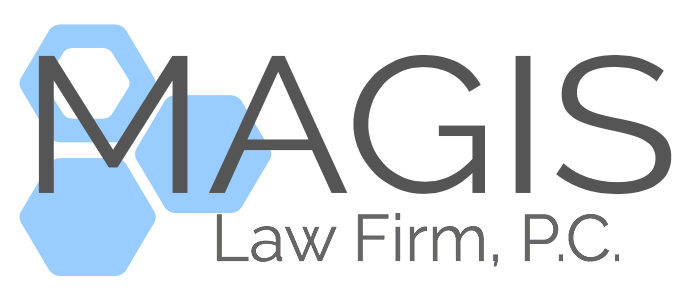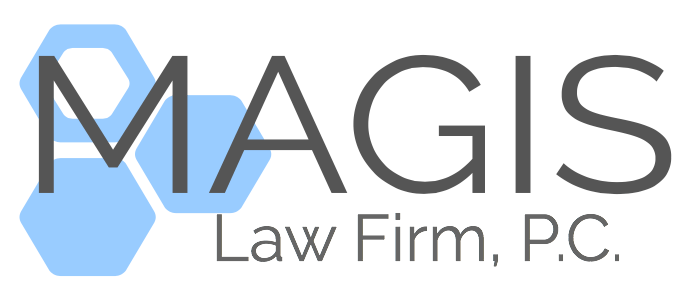Pre-Market Approval, known as PMA, is the Food and Drug Administration’s review process to evaluate the safety and effectiveness of Class III medical devices.
Class III devices are those that support or sustain human life, are of substantial importance in preventing impairment of human health, or which present a potential, unreasonable risk of illness or injury.
Due to the level of risk associated with Class III devices, the FDA has determined that general and special controls alone are insufficient to assure the safety and effectiveness of Class III devices; therefore, these devices require a premarket approval application in order to obtain marketing approval.
129 21 C.F.R., Parts 862-892 list specific limitations of device exemptions. These regulations are uniquely characterized as their three-digit part ending in a .9 (e.g., XXX.9).
A Class III device that fails to meet PMA requirements is considered to be adulterated and may not be marketed. The FDA will take into consideration, generally: (a) all investigations which have been made to show whether or not such device is safe and effective; (b) a full statement of components, ingredients, and properties; (c) a full description of manufacturing, processing, packing, and installation; (d) an identifying reference to any performance standard under the FD&C Act which would be applicable to any aspect of such device if it were a Class II device; (e) samples of the device and its components; (f) proposed labeling samples; (g) certification required under the FD&C Act; and (h) any other information relevant to the application as the FDA may require.
With exception, each device regulated by the FDA must have a Unique Device Identifier (‘UDI’) on the device package. The UDI is stored in the Global Unique Device Identification Database (‘GUDID’), which is an FDA-administered repository of device identification information to readily identify medical devices throughout their distribution and use. The FDA’s UDI program and GUDID work in conjunction with the International Medical Device Regulators Forum (‘IMDRF’), which is a group of medical device regulators (including the European Union) that voluntarily seek to harmonize regulatory requirements for medical devices. UDI compliance in the US is similar in nature to European Medical Device Regulation 2017/745, described in more detail in Chapter [The Impact of the Medical Device Regulations…]; however, in broad comparison to its European counterparts, the US has been seeking ways to loosen regulations for medical devices generally.
If you are seeking to obtain Pre-Market Approval for a Class III medical device, it is best to consult with a qualified HealthTech attorney.
Matthew DeNoncour, Esq. is the principal attorney and owner of Magis Law Firm, a boutique law firm based in Boston, with offices in Providence, Miami, and Fort Myers, where he provides legal services to the healthcare, life science, and technology industries. You can reach Matt at magislawfirm.com, by phone at 866-277-8680 or by email at mdenoncour@magislawfirm.com. This post is not meant to be legal advice: learn more here.



